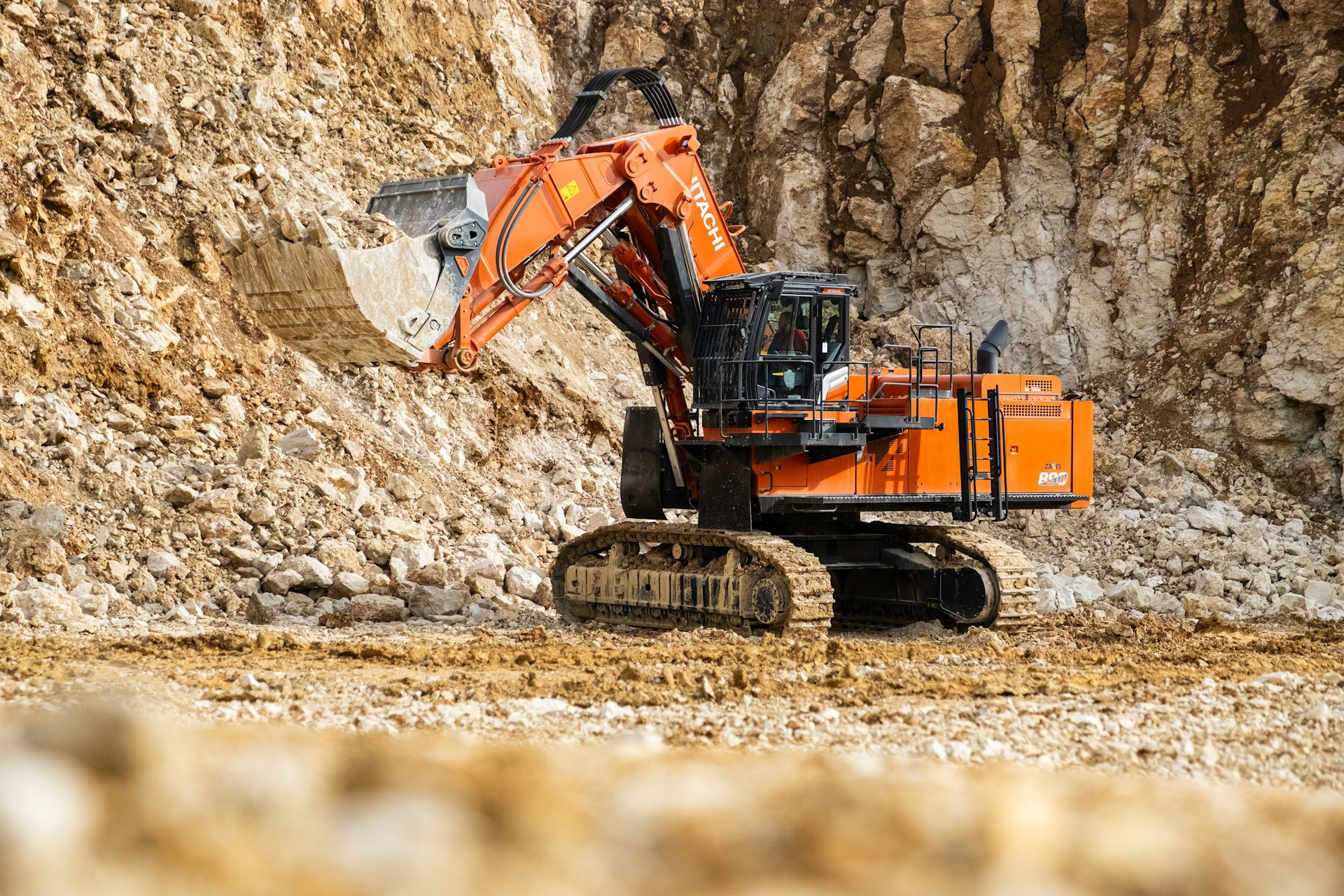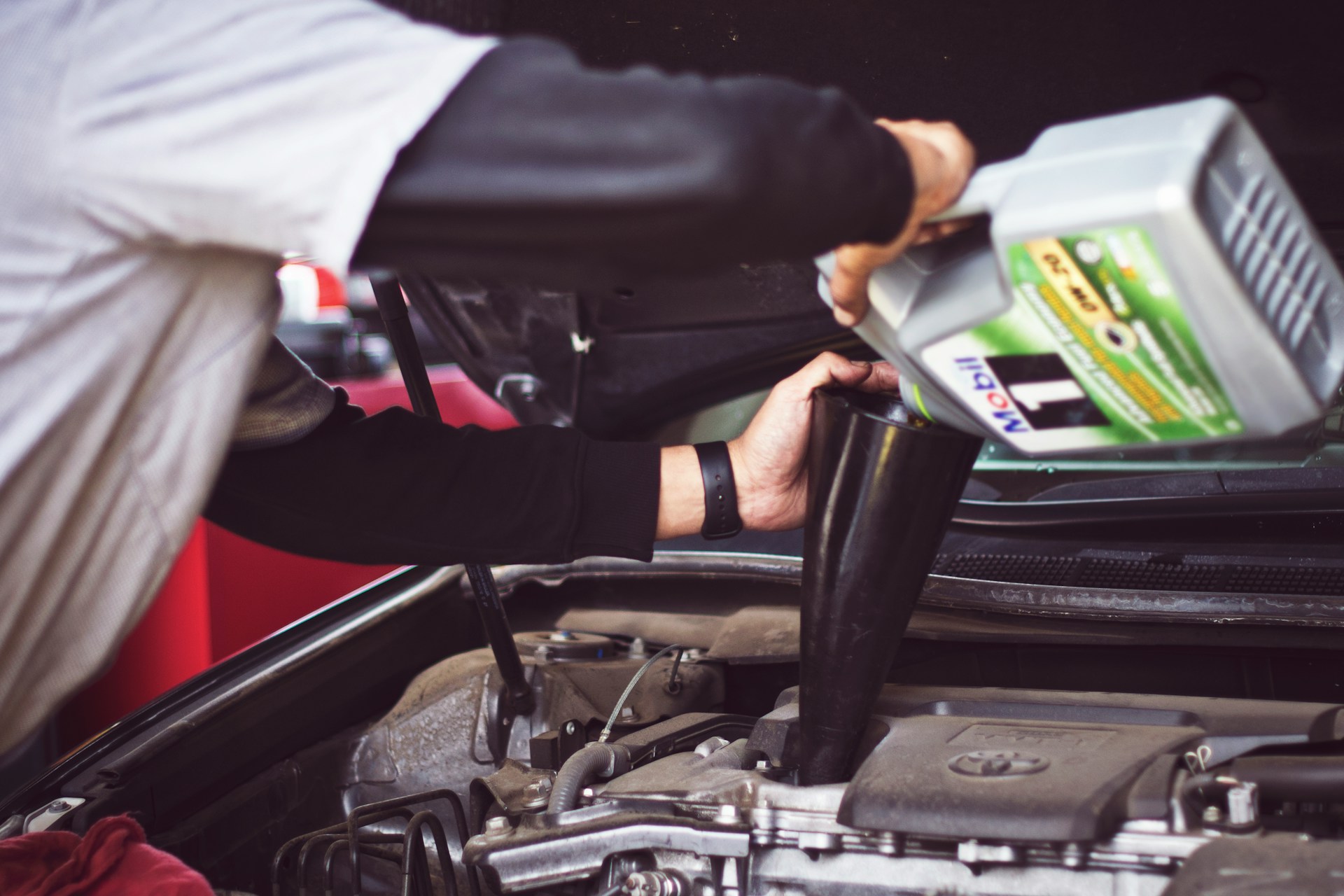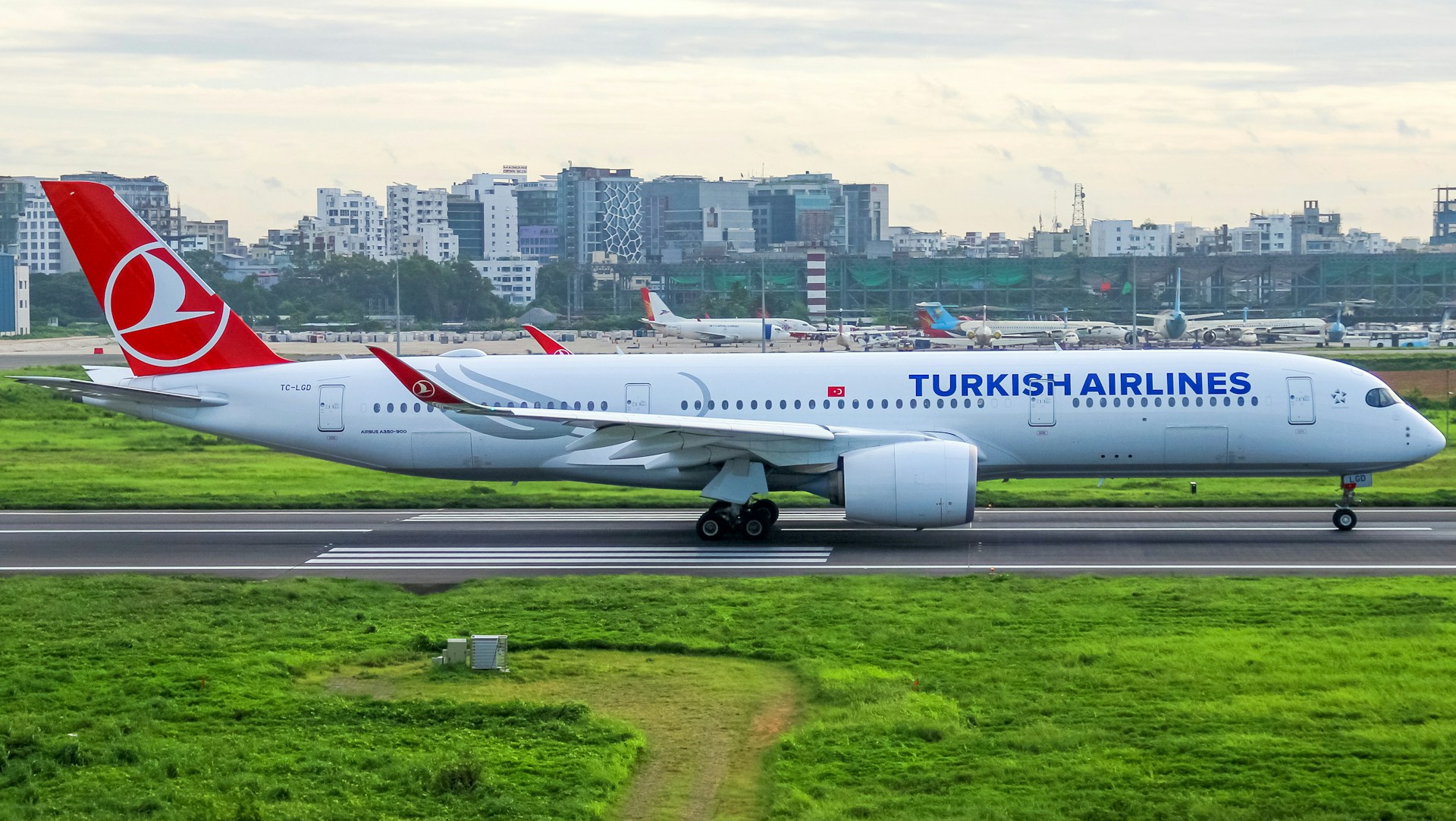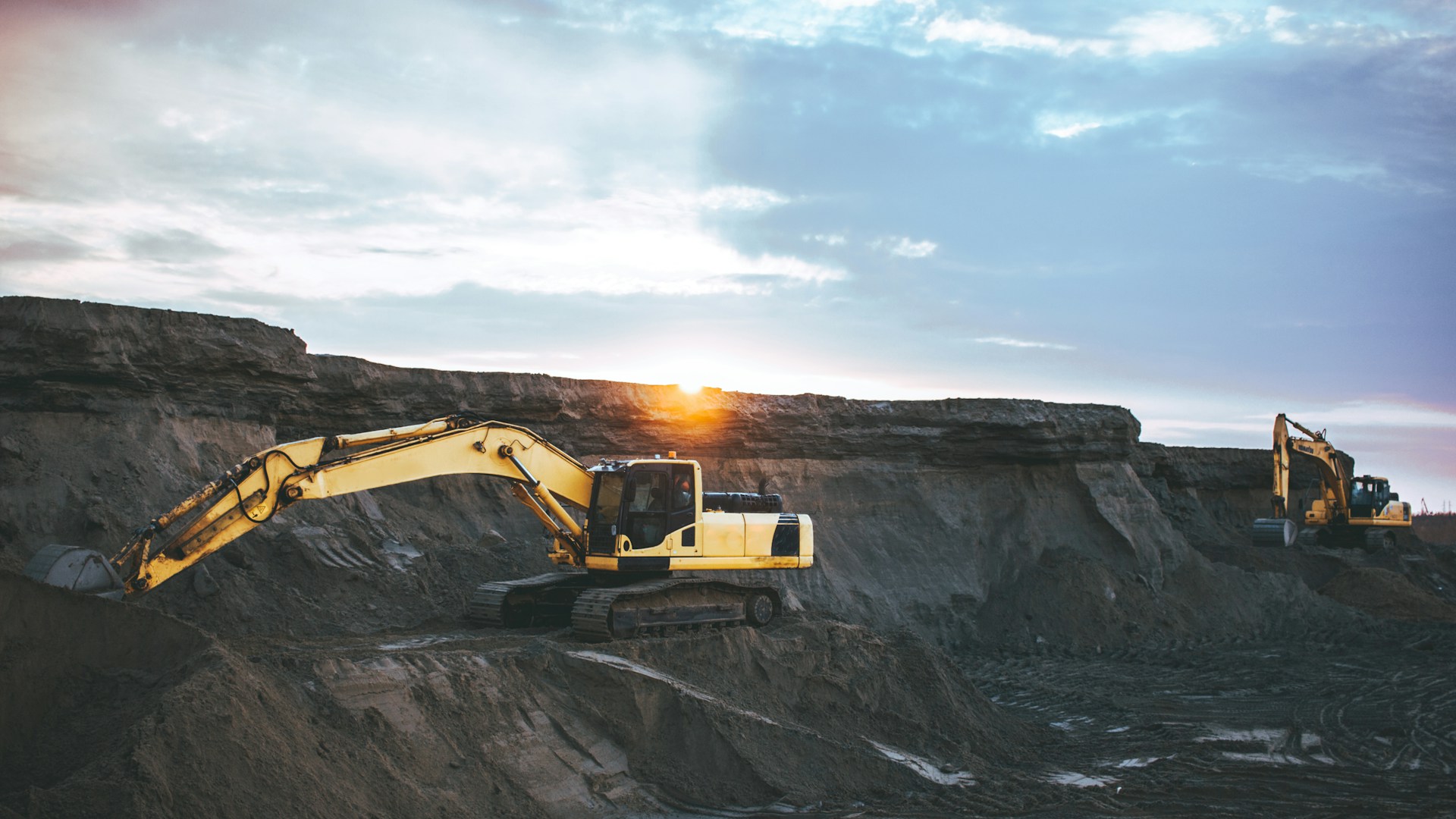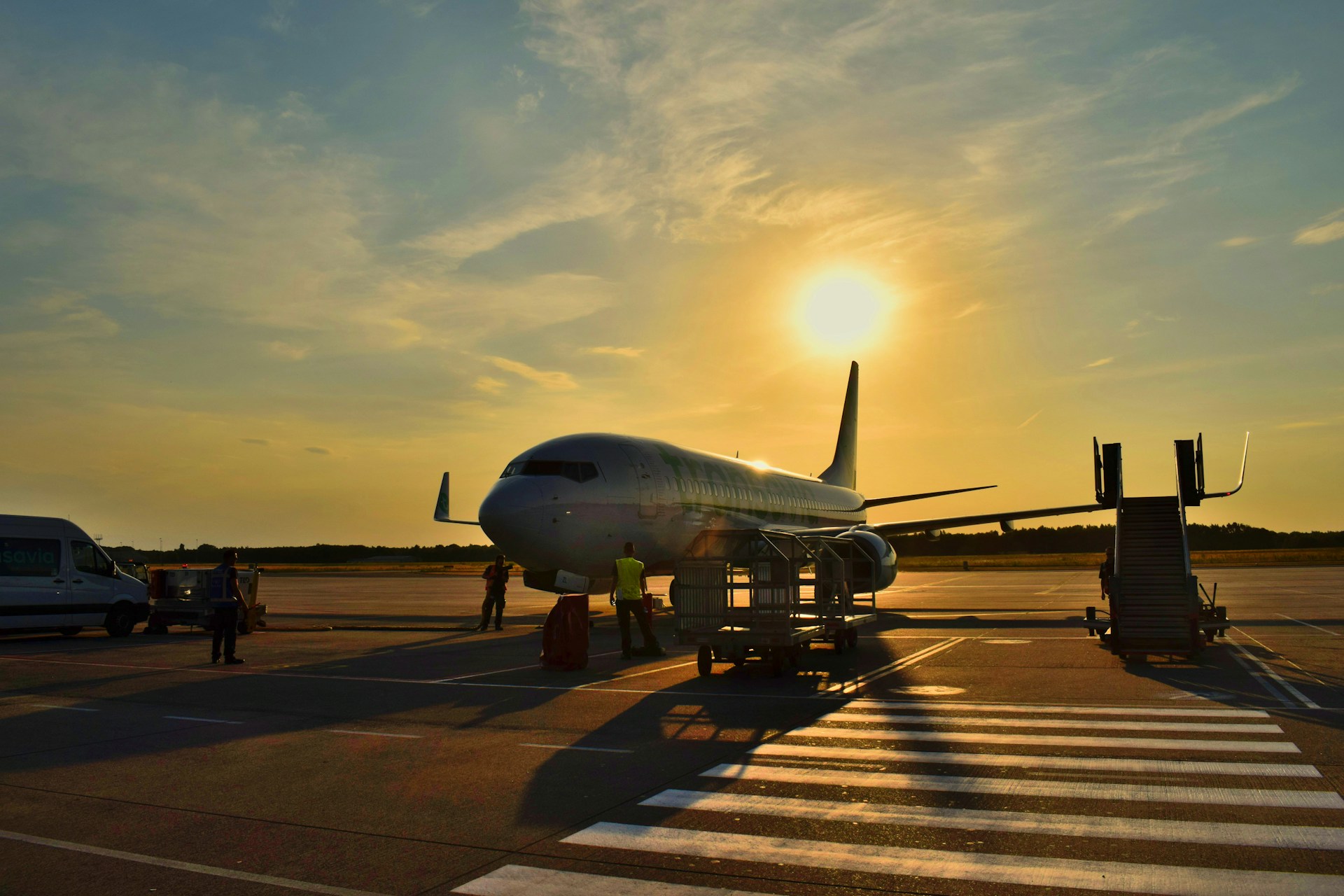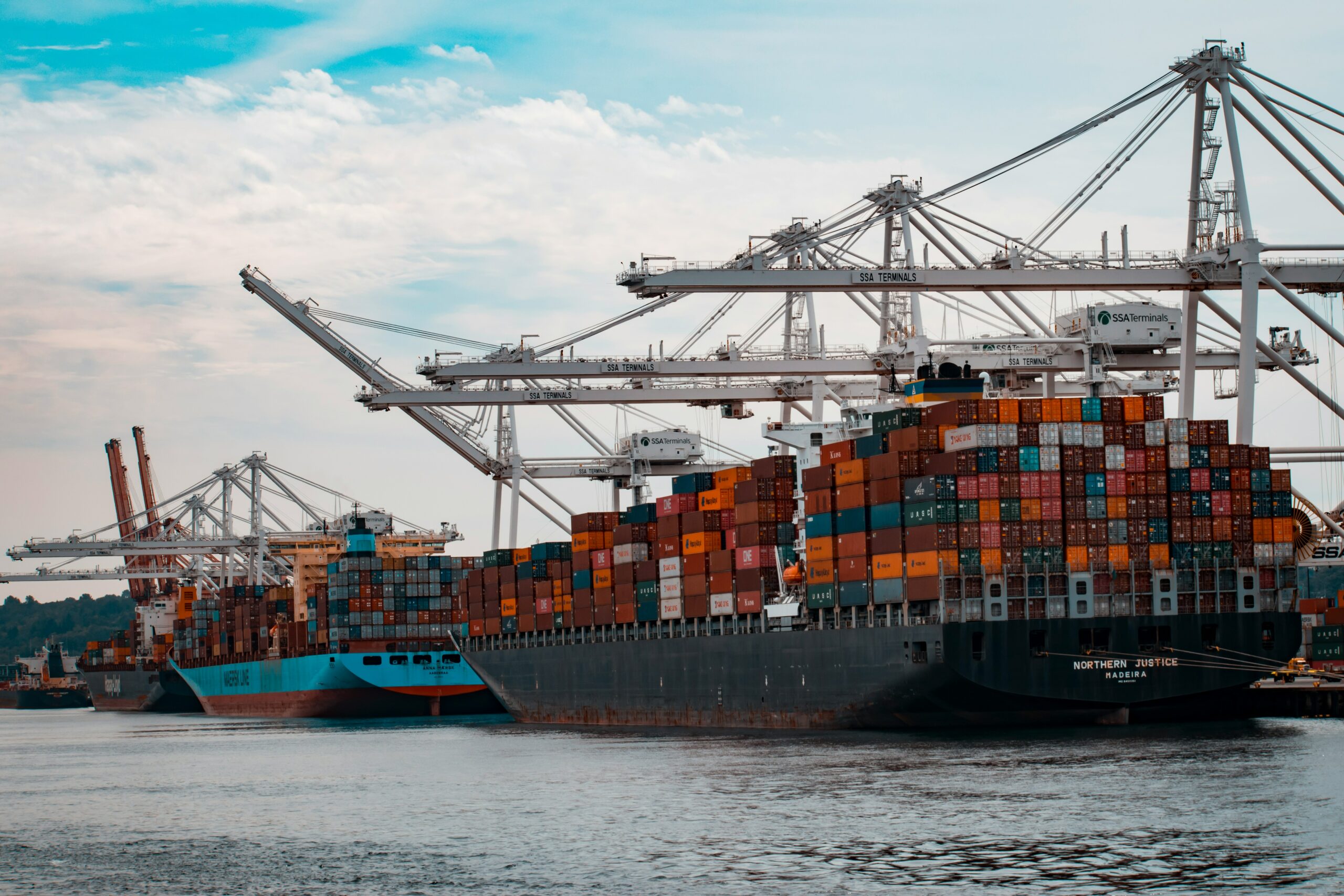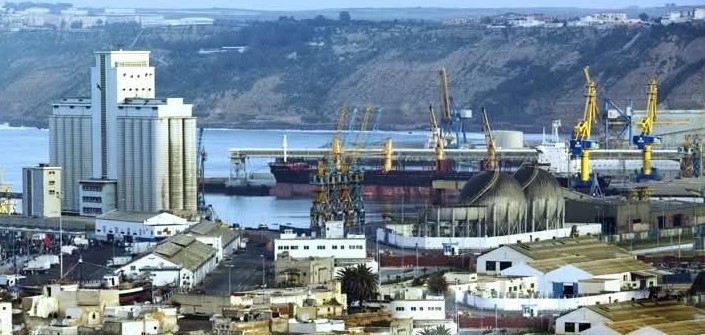Casablanca – Morocco’s industrial landscape is set to gain fresh momentum as Chinese companies intensify their investments in the kingdom, signaling deepening economic ties between the two nations. The most prominent announcement comes from Boway Alloy, a major Chinese industrial materials manufacturer, which has unveiled plans to invest $150 million in the construction of a new electronics materials factory in Morocco. This move is accompanied by a broader wave of Chinese interest, with over 170 companies from China’s Hunan Province exploring potential opportunities in Moroccan industry, logistics, and renewable energy.
The new Boway Alloy investment highlights Morocco’s emergence as a preferred hub for global manufacturing and technology supply chains. The company’s project, which will be implemented through a wholly owned subsidiary named Boway Alloy New Material (Morocco) Co., Ltd., aims to produce 30,000 tons per year of electronic material strips made from special alloys. These materials are used extensively in the manufacturing of electronic components and household appliances, contributing to sectors of high added value within the global technology market.
Shift from Asia to Africa
Boway Alloy’s decision represents a significant strategic shift from Asia to Africa. Initially, the firm had planned a similar $150 million investment in Vietnam, including the creation of a production base and a fully owned subsidiary. However, according to both Chinese and Moroccan media reports, the project was canceled due to major changes in international trade policies that undermined its projected returns. In response, the company reassessed its expansion strategy and identified Morocco as a more suitable destination due to its favorable investment climate, political stability, and strong trade connections.
The new factory in Morocco will be financed through a package that includes land acquisition, construction of fixed assets, and development of supporting infrastructure. The final investment amount will be confirmed following approvals from Chinese regulatory bodies, including the Ministry of Commerce, the National Development and Reform Commission, and foreign exchange authorities, as well as the relevant Moroccan institutions.
Industry observers view this development as a testament to Morocco’s growing reputation as a competitive production platform linking Africa, Europe, and North America. Through an extensive network of free trade agreements, the country offers investors access to more than one billion consumers across several continents.
Expanding Chinese-Moroccan business cooperation
The Boway Alloy project coincides with a new wave of Chinese business engagement in Morocco. Earlier this month, the city of Changsha, capital of Hunan Province, hosted the Morocco–Hunan Economic and Trade Cooperation Forum, organized by the Embassy of Morocco in Beijing and the Department of Commerce of Hunan Province. The event brought together over 170 Chinese companies and around 15 Moroccan business representatives to discuss cooperation in fields such as manufacturing, renewable energy, logistics, and transportation.
During the forum, the Moroccan delegation, which included members of the Morocco–China Business Council and representatives from national enterprises, presented a comprehensive overview of Morocco’s business environment. They underlined the country’s strategic location, modern infrastructure, and stable macroeconomic framework, all of which make it an increasingly attractive destination for foreign investors.
Moroccan representatives highlighted that the kingdom has become a key industrial integration platform for companies aiming to access multiple markets, supported by an extensive network of free trade agreements. They also underlined that the new Investment Charter launched by the government offers major financial and tax incentives for investors and encourages projects that advance Morocco’s energy transition and industrial transformation.
Positive reception from Chinese companies
Chinese companies already operating in Morocco, particularly in the construction, automotive, and energy sectors, have expressed satisfaction with the country’s investment climate. They cite the advanced infrastructure, transparent regulations, and institutional stability as decisive factors for long-term partnerships. Many of these firms encouraged their counterparts from Hunan Province to engage in upcoming Moroccan projects, especially those connected to renewable energy and industrial modernization.
The forum also included business-to-business (B2B) meetings between Moroccan and Chinese companies, paving the way for new partnerships and joint ventures. Moroccan delegates visited several industrial zones in Hunan, exploring opportunities in biotechnology, advanced manufacturing, and renewable energy technologies—areas that align closely with Morocco’s industrial strategy.
Strengthening Morocco’s position as an investment hub
The growing Chinese interest in Morocco underscores the kingdom’s transformation into one of Africa’s most dynamic investment destinations. With stable governance, competitive labor costs, and a clear orientation toward sustainability and innovation, Morocco has positioned itself as a bridge between Asian industrial capabilities and European and African markets.
If realized as planned, Boway Alloy’s $150 million project will contribute to Morocco’s diversification within high-tech manufacturing and reinforce its role in global value chains. Combined with the broader engagement of Chinese companies exploring local partnerships, the initiative reflects a deepening strategic partnership between Morocco and China—one rooted in shared ambitions for industrial growth, renewable energy advancement, and cross-continental trade expansion.
At a time when global supply chains are being restructured, Morocco’s ability to attract large-scale investments like Boway Alloy’s demonstrates its growing status as a reliable industrial and technological gateway to Africa and beyond.







